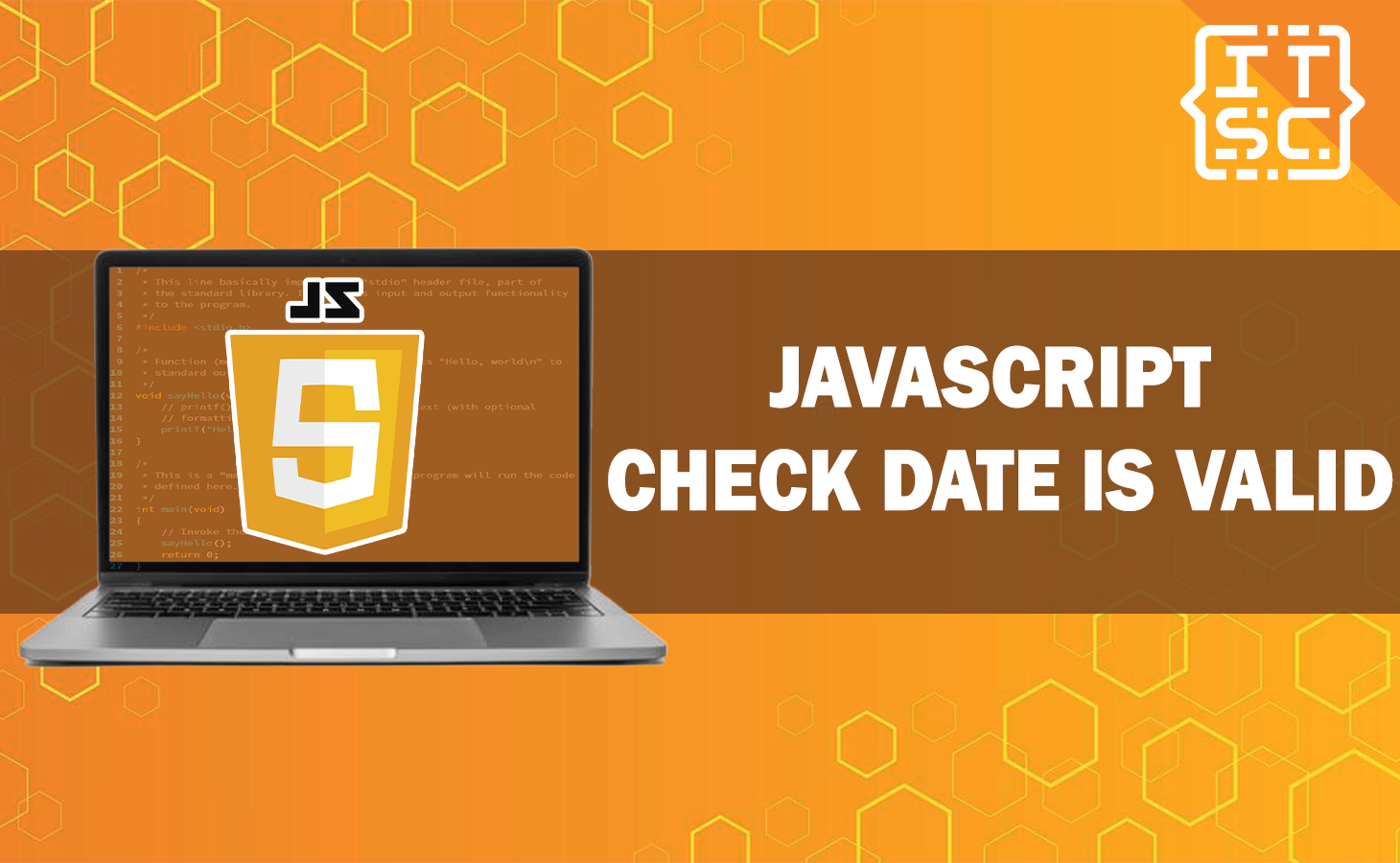In this comprehensive guide, we will explore various methods and techniques to check if variable exist in JavaScript.
Whether you are a novice programmer or an experienced developer, this article will provide you with valuable insights and practical solutions.
Understanding Variable Existence
Before delving into the techniques, it’s essential to understand what we mean by the existence of a variable in JavaScript. In JavaScript, variables can exist in three states:
1. Declared but Uninitialized
When you declare a variable using the var, let, or const keyword but don’t assign it a value, the variable exists but remains uninitialized. It holds the special value undefined.
2. Declared and Initialized
A variable is considered to exist when you declare it and assign it a value. At this point, it holds the assigned value.
3. Undeclared
An undeclared variable is one that has never been declared using any of the variable declaration keywords. Attempting to use an undeclared variable can result in an error.
Now that we have a clear understanding of variable existence, let’s explore various techniques to check if a variable exists in JavaScript.
How to check if a variable exists in JavaScript?
Now that we have a clear understanding of variable existence, let’s explore various techniques to check if a variable exists in JavaScript.
1. Using the typeof Operator
The typeof operator allows you to determine the data type of a variable. You can use it to check if a variable exists by comparing its result to ‘undefined’.
if (typeof yourVariable !== 'undefined') {
// The variable exists
} else {
// The variable does not exist
}
2. Utilizing the in Operator
The in operator is used to check if an object has a specific property. You can apply it to the global window object to check if a variable exists in the global scope.
if ('yourVariable' in window) {
// The variable exists in the global scope
} else {
// The variable does not exist in the global scope
}
3. Using the window.hasOwnProperty() Method
Another approach is to use the window.hasOwnProperty() method to check if a variable exists in the global scope.
if (window.hasOwnProperty('yourVariable')) {
// The variable exists in the global scope
} else {
// The variable does not exist in the global scope
}
4. Employing a Try-Catch Block
A try-catch block is a robust method to check if a variable exists without causing errors in your code.
try {
if (yourVariable) {
// The variable exists
} else {
// The variable does not exist
}
} catch (error) {
// An error occurred, indicating that the variable does not exist
}
5. Using a Function
Creating a reusable function to check variable existence is a practical approach, especially for frequently used variables.
try {
if (yourVariable) {
// The variable exists
} else {
// The variable does not exist
}
} catch (error) {
// An error occurred, indicating that the variable does not exist
}
Conclusion
In JavaScript, checking if a variable exists is a fundamental skill for any developer. By employing the techniques discussed in this article, you can confidently determine the existence of variables in both global and local scopes. Remember that preventing errors through variable validation is a best practice that will enhance the reliability of your JavaScript code.

